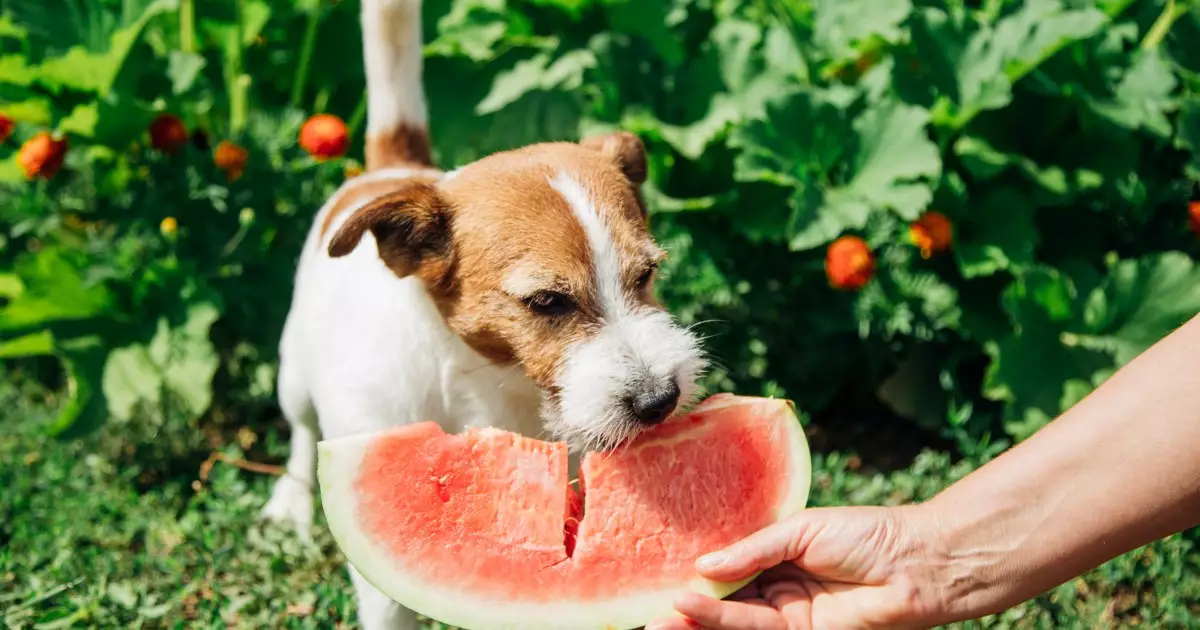Sharing food with our pets is a practice that raises significant debate among dog owners and veterinarians alike. Traditionally, many have adhered to the belief that dogs should only consume specially formulated dog food. The rationale is often based on the notion that human food can be harmful, causing gastrointestinal issues like diarrhea. However, this perspective is an over-simplification that fails to consider the nuanced relationship between dogs and their diets.
Historically, dogs have coexisted alongside humans, often scavenging from our scraps. A dog’s ancestral roots suggest that their diet would naturally include the remnants of human meals, indicating that whole foods can contribute positively to their well-being. While it’s essential to avoid feeding dogs harmful foods—such as junk food or highly processed leftovers—whole, nutritious foods allow for a balanced addition to their diet. This doesn’t mean that every human food is suitable for dogs, but engaging with a selection of human-grade foods can be beneficial when done thoughtfully.
One crucial consideration when introducing human food into a dog’s diet is the individuality of each dog. Just like humans, dogs can have unique dietary needs and restrictions. Some may suffer from allergies or sensitivities to specific ingredients. Thus, it’s prudent to introduce new foods gradually, monitoring for any adverse reactions, particularly gastrointestinal upset. It’s important to remember that what works for one dog may not necessarily be suitable for another, reinforcing the need for personalized dietary approaches.
The Confusion Surrounding Safe Human Foods
The plethora of advice available regarding dog diets can be contradictory and overwhelming. Some foods are often touted as safe, while others are flagged as toxic. Such inconsistencies can lead to confusion. For example, while many resources recommend fruits like apples and blueberries, it is essential to note that not all fruit parts are safe. Dog owners should avoid the apple cores, as they contain cyanogenic compounds that can be harmful.
Additionally, it’s worth acknowledging that even safe foods should be given in moderation. Overloading a dog’s system with unfamiliar foods can lead to digestive distress. Therefore, it’s beneficial to consult reliable, comprehensive guidelines that outline safe versus unsafe human foods before making adjustments to a dog’s diet.
When deciding to share food with our canine companions, there are numerous human foods that can promote health and happiness:
1. **Fruits**: Apple slices (without seeds) and blueberries act as wholesome snacks that can contribute vitamins and antioxidants to a dog’s diet. Similarly, watermelon serves as a refreshing treat, though it should be seedless.
2. **Vegetables**: Broccoli, in moderation, and cooked or dehydrated carrots provide essential fibers and vitamins. Owners should always ensure that vegetables are served in a digestible form.
3. **Proteins**: Cooked chicken breast (without bones) and scrambled eggs are excellent sources of protein. These can be particularly beneficial for dogs that might be feeling unwell or need a boost.
4. **Healthy Fats**: Salmon offers omega-3 fatty acids, which support a healthy coat and skin. It’s best served cooked or as salmon oil to ensure safety.
5. **Caution with Dairy**: While some dogs may enjoy low-fat cheese or cottage cheese, dairy isn’t suitable for every dog, especially those who are lactose intolerant.
6. **Peanut Butter**: A well-loved treat among dogs, peanut butter can be a healthful component if unsweetened and free of xylitol, a sweetener toxic to dogs.
7. **Pumpkin**: Plain canned pumpkin can help support digestive health and even alleviate some gastrointestinal issues when given in appropriate amounts.
While there are many foods that can enhance a dog’s diet, there are equally foods that can pose significant risks. Chocolate, grapes, and onions are well-known toxins, but even seemingly harmless items like certain nuts or high-fat leftovers should be avoided. It’s crucial for dog owners to remain vigilant and consult with a veterinarian if they suspect any food allergies or reactions.
The choice to share human food with our dogs should be backed by knowledge and caution. By introducing safe, nutritious options and remaining alert to potential sensitivities, owners can strike a balanced approach. After all, sharing our meals with our pets can offer a unique bonding experience, provided it’s done thoughtfully. Always remember that if there’s any uncertainty regarding your dog’s diet, consulting a veterinarian is the best course of action.

